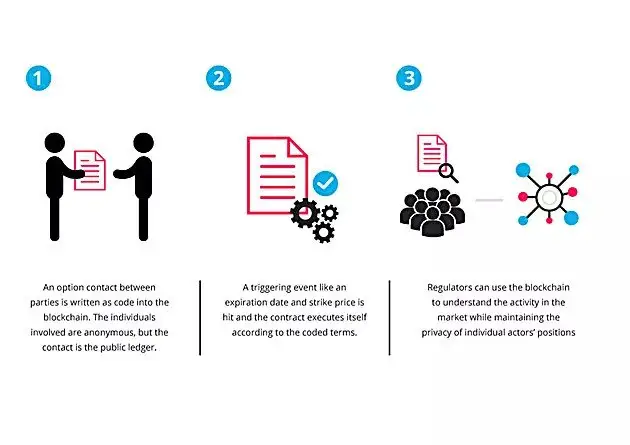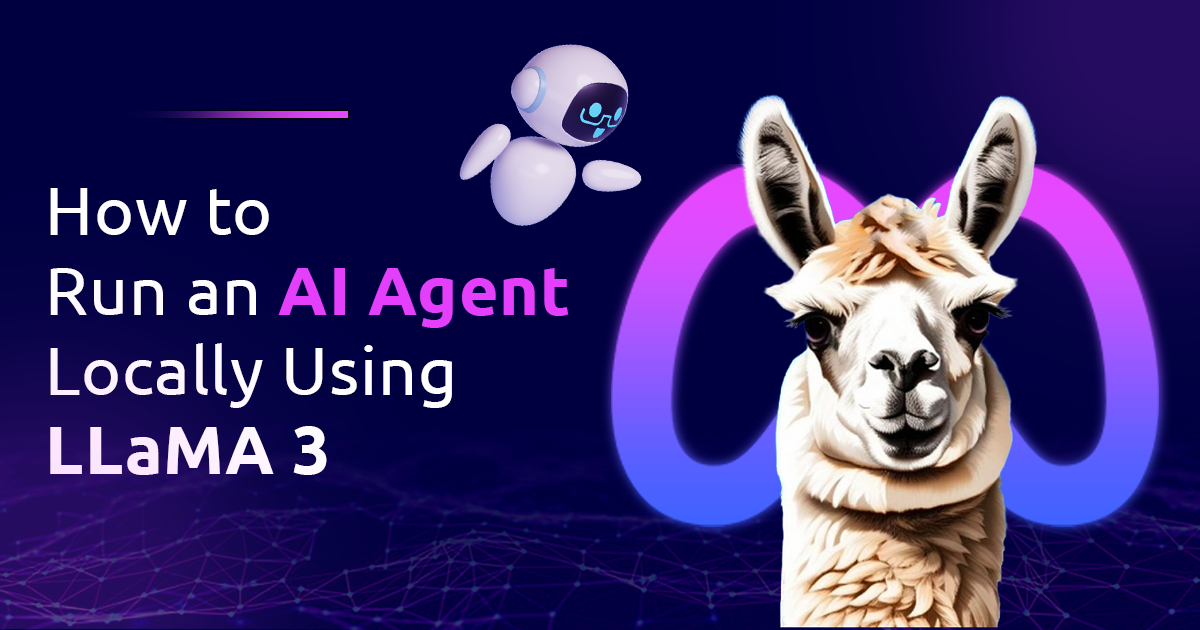A powerful smart contract system is one of the major parts of the Ethereum Network. In the below part of the blog, we will discuss what is Solidity and Smart contracts. For those who don’t know what smart contracts are, they are essentially programs that exist on the blockchain Ethereum. They perform various tasks such as transferring and receiving Ether or tokens, between other tasks.
Now you may be thinking about how smart contracts are really put together. Like any other computer programming language, Ethereum contracts are also written in a programming language. In this case, the language used is known as Solidity. There are other programming languages that are compatible with smart contracts, Solidity is the language of preference nowadays. So read on further as we go over some basics of Solidity, and whether this language is useful or not and we will also be looking over some features of smart contracts.
Solidity As a Programming Language
Most specialized programmers today use more than one pool of popular current programming languages. A few examples of this include C, C++, C#, Python, Java, Perl, and a few others. Solidity was intended to be easy to learn for programmers who are already well-known with one or more common programming languages.
Now if you learned something like Visual Basic back in your school, you may have a tough time selecting Solidity. And, if you know a language like Java or C, you’ll find Solidity to be relatively proverbial.
Solidity uses a huge number of programming perceptions that exist in other languages. For example, Solidity has variables, string manipulation, classes, functions, arithmetic operations, etc. While in a language like C, a programmer would liable to create some form of a function, like “int main” and “main”, Solidity works with a “contract” that is created in an analogous manner. As we have seen, Solidity code looks surprisingly similar to C++, C#, or JavaScript. Python developers will notice that in Solidity, variables need their type to be explicitly declared, along with other differences.
It has limited learning resources as Solidity is still quite new. Normally, if you want to study a new programming language, you can buy one of the many books available. For example, if you want to learn Java, there are dozens or hundreds of books accessible that can provide the necessary self-guided training. As Solidity is still relatively new, only an undersized handful of books are available, and the reviews for them on Amazon.com seem.
Solidity does proffer quite a widespread amount of documentation for how the code works. However, for someone who is wholly novel to the language, and not previously a master programmer, diving straight into the citations could be demoralizing, if not a near unfeasible task for most. Ideally, the documentation should be used more as an orientation in the same way that one would apply to the dictionary to look up a word. But one would not interpret a dictionary from cover to cover in an effort to learn a spoken language.
If one is keen and enduring enough, though, someone could potentially use the accessible documentation to learn Solidity without a wide-ranging programming background. Still, it would surely not be easy though. For those with some necessary programming experience, one other option to get your career set off with Solidity programming might be Crypto Zombies. This site is almost identical to Codecademy, in which you are given a short programming chore and you complete it directly in the browser where it is checked right away. However, Crypto Zombies is themed around making a zombie game using Solidity.

Is it Worth Learning Solidity in 2025?
Now the main question arises if it’s worth the load. If you’re thinking about learning Solidity for your job you must be flexible with other concepts too. One should also be familiar with programming language if one needs to become an expert first while learning blockchain-related skills that can be highly valuable. For reference, this job posting for any Solidity developer at BountyX requires candidates to not only understand Solidity, but also AngularJS, NodeJS, and GoLang.
If you feel certain about dedicating a few years of your life to learning Solidity, give it a try. It’s quite probable that you will have a reliable constant career for years to come. From a company’s perspective, finding, training, and hiring Solidity Developers are very tedious and difficult tasks. There are a huge demand and supply gap in the market right now to find talented developers specializing in Solidity or Blockchain.
Smart Contracts Explained
Now moving on to smart contracts, one of the best things about the blockchain is that, because it is a non-distributed system that subsists between all permitted parties, there’s no need to pay mediators (Middlemen) and it saves you time and disagreement. Blockchains have their troubles, but they are rated, faster, inexpensive, undeniably, and more secure than customary systems, which is why banks and governments are turning to them.
Nick Szabo, a 1994 legitimate scholar, and cryptographer anticipated that the decentralized ledger could be used/applied for smart contracts, otherwise called self-executing contracts, blockchain contracts, or digital contracts. In this arrangement, contracts could be rehabilitated to computer code, stored and simulated on the system, and managed by the network of computers that run the blockchain. This would also result in feedback such as transferring money and receiving the product or service in their ledger.
What is a Smart Contract?
Smart contracts assist everyone by simple means of swapping over money, property, shares, or anything of value in an obvious, conflict-free way while avoiding the services of a middleman. The best way to explain smart contracts is to contrast the technology with a vending machine. Ordinarily, the main process of receiving any document is that you would go to a lawyer or an attorney, pay them, and remain still until you get the record. With smart contracts, you simply throw any major cryptocurrency into the vending machine (in this case ledger), and your escrow, SSN, or whatever drops into your description.
Suppose you rent a property from us. You can do this through the blockchain by paying in bitcoins. After purchasing a property, you will get a receipt which is held in our fundamental contract and we give you the digital entry key which comes to you by a particular date. If the key doesn’t come on time, the blockchain discharges a refund. If we send the key before the leasing date, when the date arrives, the function holds it releasing both the fee and key to you and us respectively. If you expect a faultless delivery, the system works on the If-Then premise and is spectated by hundreds of people. If we give you the key, we are sure to be paid. If you send an assured amount in bitcoins, you get the key. The document is automatically disregarded after the time, and the code cannot be hindered by either of us without the other knowing since all users are simultaneously prepared.
Anyone can use smart contracts for all types of circumstances varying from financial imitative to, property law, breach contracts, financial services, credit enforcement, and legal processes.
Here’s What Smart Contracts Give You:
Autonomy – You’re the one making the conformity; there’s no need to depend on a broker, lawyer, or other mediators to confirm. While we’re on the subject, this also blows out the danger of mistreatment by a third party, since execution is supervised automatically by the network, rather than by one or more, possibly biased, individuals who may err.
Trust – Your documents are on a shared ledger and thoroughly encrypted. There is no means that someone can say they misplaced it.
Backup – You can even lose your savings account in a bank. But in the case of the blockchain, each and every one of your friends has your support. Your credentials are photocopied many times over.
Safety – your documents are safe with the help of Cryptography and the encryption of websites. There is no hacking. In fact, it would take a strangely brilliant hacker to crack the code and penetrate.
Speed – In a normal Orderly fashion you have to spend a lot of time and paperwork to physically process documents. Smart contracts utilize software code to computerize tasks, thereby shaving hours off a range of business processes.
Savings – Smart contracts hoard your money since they thump out the presence of the mediator. You would, for instance, have to pay a legal representative to eyewitness your transaction.
Accuracy – Automated contracts are not only quicker and also at a lesser cost but also shun the errors that come from manually filling out heaps of forms.
We hope that this blog helped you understand some basic utilities of blockchain and Ethereum on how they are written and encrypted using different techniques and methods. To hire a top-notch Ethereum development team or the best Solidity developers, please contact us!! We would be more than happy to help you connect with the Best Solidity development Agencies or Blockchain Developers Team as per your requirements.







